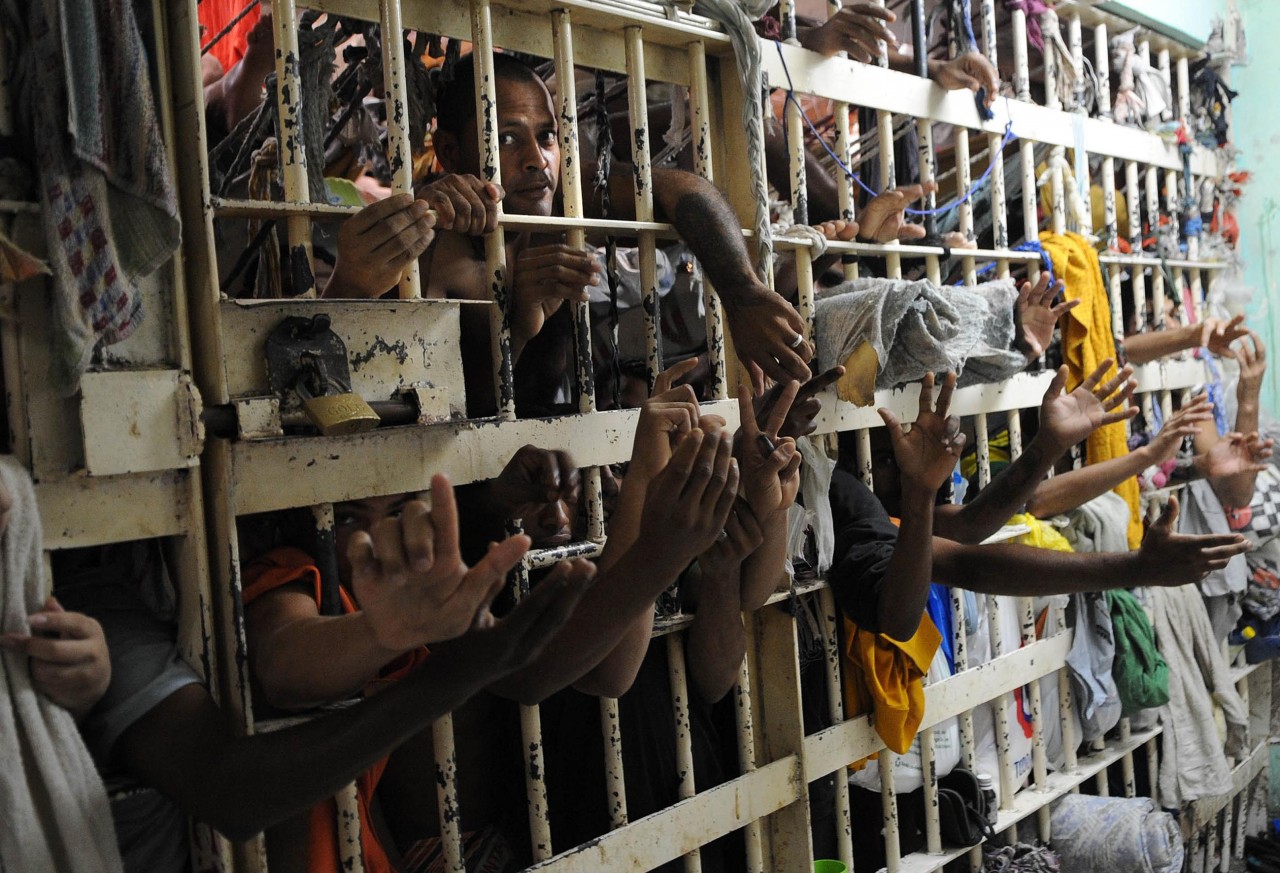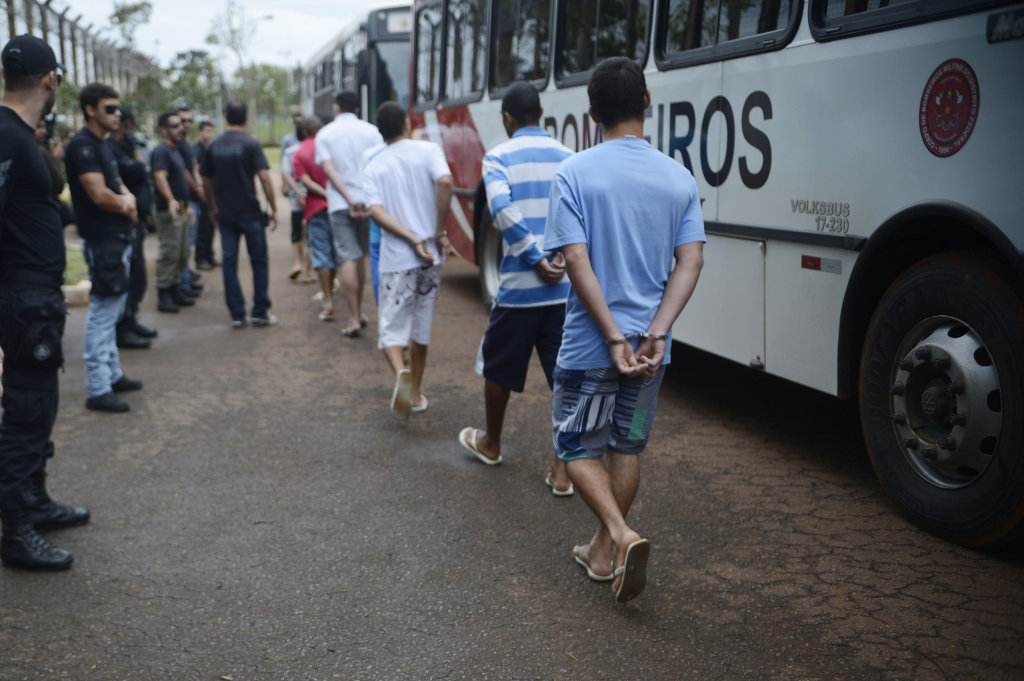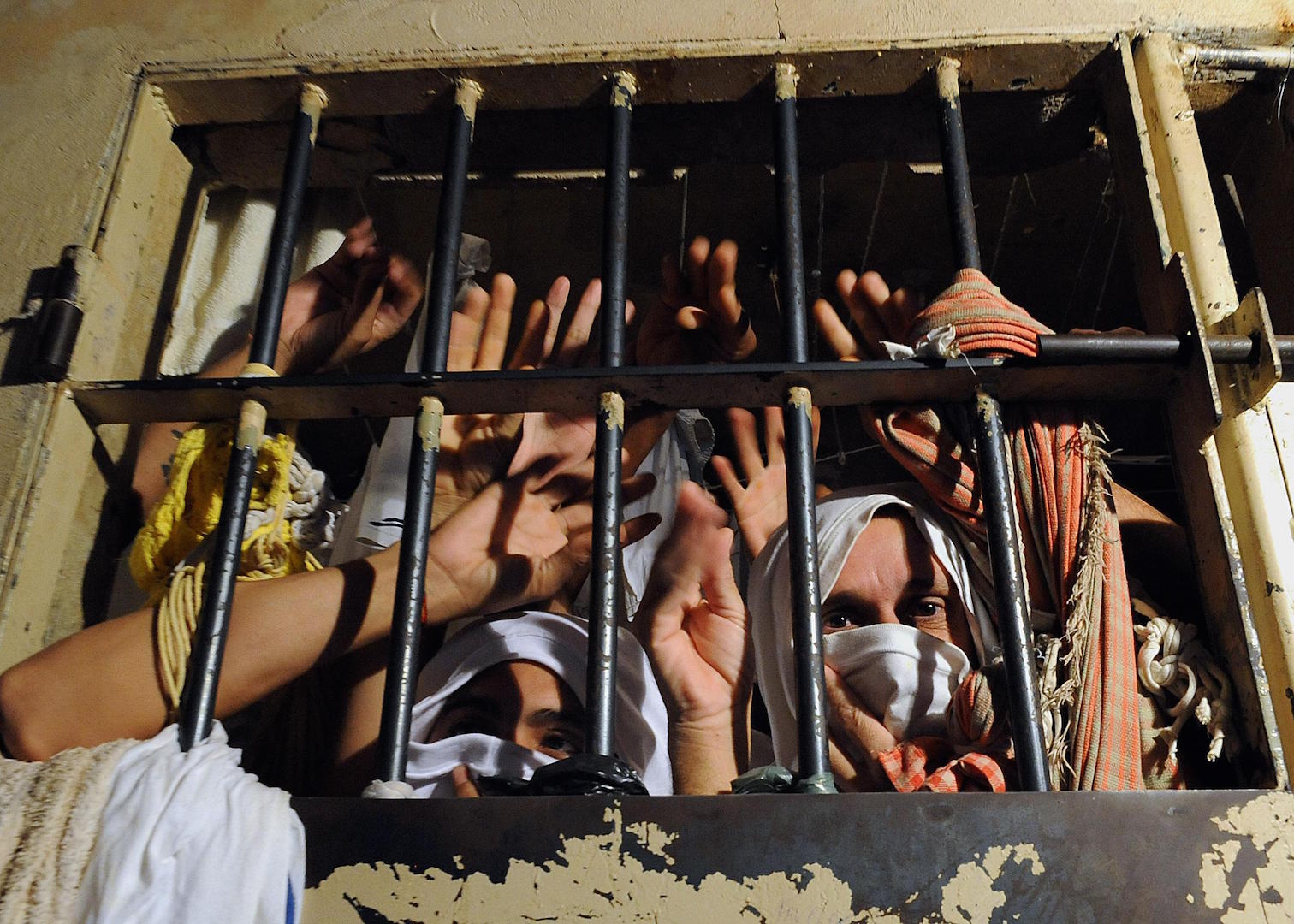By Lise Alves, Senior Contributing Reporter
SÃO PAULO, BRAZIL – The decision earlier this week by Brazil’s president, Jair Bolsonaro, to exonerate the entire team of the National Mechanism to Prevent and Combat Torture (MNPCT in Portuguese), will have devastating effects on Brazil’s human rights situation, say non-governmental entities and experts.

“The decree represents a direct retaliation for the complaints filed by the Mechanism. We have pointed out the systematic torture which is occurring in Brazil, not only now but for the past few years,’” Daniel Melo, one of the coordinators of the MNPCT fired on Tuesday by President Bolsonaro, told The Rio Times in a telephone interview.
In addition to firing current experts, the measure states that new experts will not be accepted without authorization from the Presidency. In addition, new experts will not be able to be part of civil society organizations, research institutions, and others, and will not be remunerated.
“Although the official statement is that the MNPCT is not being disbanded, to have only volunteer specialists looking into allegations of torture and human rights violations is the same thing as doing away with the group,” argues Melo.
“The MNPCT needs specialists working full time with resources to do the work. The Bolsonaro government is taking away the working autonomy of the MNPCT,” denounces the former coordinator.
According to Melo, the MNPCT inspects establishments where people are denied their liberties, such as prisons, juvenile detention centers, psychiatric hospitals, and drug rehabilitation centers and even centers for the elderly.

“Some juvenile detention centers are similar to medieval dungeons,” he says, adding “and despite being monitored by important and politically strong agencies, such as the Federal Prosecutor’s Office, we still find human rights violations within the prison system, for example.”
Melo says that the dismantling of the group was somewhat foreseen. The former coordinator says the MNPTC has faced difficulties in doing their work since the very beginning of the Bolsonaro administration.
“In February, an inspection to be conducted in the state of Ceara was almost called off. Minister Damares Alves (of the Women, Family and Human Rights Ministry) only reversed the suspension of the trip after we called the UN,” says Melo.
The announcement of the exoneration of the MNPCT members drew immediate criticism. Human rights groups such as the World Organization Against Torture (OMTC) and Human Rights Watch (HRW) stated that the measure would severely hinder efforts to curb human rights violations.
“In practice, this decree sounds the death sentence for an institution that was a crucial buffer providing a modicum of protection to detainees,” said Gerald Staberock, OMCT Secretary General.
“Only last month, an OMCT team visiting two detention centers for children in the State of Pernambuco witnessed clear human rights violations amounting to torture, cruel, inhuman, and degrading treatment. Together with our partners in Brazil, we urge the government to rescind this decision,” concluded Staberock.

“In practice, the decree not only weakens the Mechanism but may make it inviable, since it will depend on volunteers who, in addition, cannot have links with civil society and academic entities that are active in the fight against torture and participate in the National Committee to Prevent and Combat Torture,” read the statement issued by HRW.
“The decree also eliminated the requirement that the experts selected should represent the regional, racial, ethnic and gender diversity of Brazil,” added the entity.
According to Brazilian media, several NGOs have entered with a representation against Brazil at the Organization of American States (OAS) and the United Nations (UN) for violating human rights.
The MNPCT was implemented in Brazil in 2013 when the country ratified the protocol to the Convention against Torture and Other Cruel, Inhuman or Degrading Treatment or Punishment established by the United Nations in 2007.
According to the entity, since its implementation, the Mechanism has played a key role in exposing torture and cruel, inhuman and degrading treatment in detention facilities in Brazil, “including by alerting authorities to the activities of prison gangs and the risk of killings behind bars”.
“Instead of acting against illegal prison conditions and violation of basic rights, the Bolsonaro government is acting against the experts who document and denounce them,” noted HRW.
Even within government entities, there has been criticism. The president of the National Human Rights Council (CNDH), Leonardo Pinho, said he would go to court to repeal the President’s decision about the MNPCT. The CNDH, although an independent Council, is also under the Ministry of Women, Family and Human Rights in Brazil.
“The latest measure shows what Bolsonaro is capable of in terms of restricting rights to a part of Brazil’s population,” says Melo.
“These restrictions have been escalating. It [the administration] is attacking the weaker councils and departments. First, it was culture, then education, then indigenous rights. The entire human rights agenda is being demolished. This is an alert to Brazilian society,” concluded Melo.

